Atheism, Morality, and Meaning
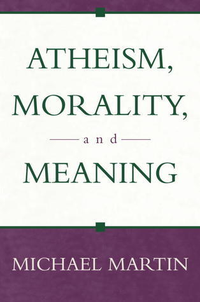
Summary
Despite the pluralism of contemporary American culture, the Judaeo-Christian legacy still has a great deal of influence on the popular imagination. Thus it is not surprising that in this context atheism has a slightly scandalous ring, and unbelief is often associated with lack of morality and a meaningless existence. Distinguished philosopher and committed atheist Michael Martin sets out to refute this notion in this thorough defense of atheism as a both moral and meaningful philosophy of life. Martin shows not only that objective morality and a meaningful life are possible without belief in God but that the predominantly Christian world view of American society is seriously flawed as the basis of morality and meaning.Divided into four parts, this cogent and tightly argued treatise begins with well-known criticisms of nonreligious ethics and then develops an atheistic meta-ethics. In Part 2, Martin criticizes the Christian foundation of ethics, specifically the Divine Command Theory and the idea of imitating the life of Jesus as the basis of Christian morality. Part 3 demonstrates that life can be meaningful in the absence of religious belief. Part 4 criticizes the theistic point of view in general terms as well as the specific Christian doctrines of the Atonement, Salvation, and the Resurrection.This highly informed and sophisticated defense of atheism is a stimulating challenge to religious believers and a serious contribution to ethical theory.
Similar Books
-
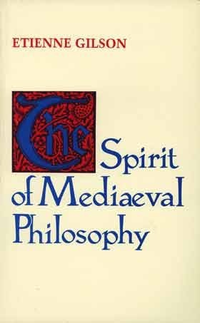 The Spirit of Medieval Philosophy
The Spirit of Medieval Philosophyby Étienne Gilson
-

-
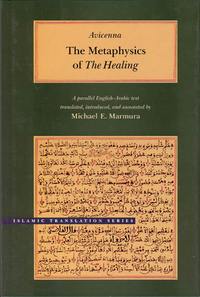 The Metaphysics of The Healing
The Metaphysics of The Healingby Avicenna
-
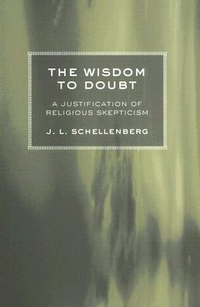 The Wisdom to Doubt: A Justification of Religious Skepticism
The Wisdom to Doubt: A Justification of Religious Skepticismby J.L. Schellenberg
-
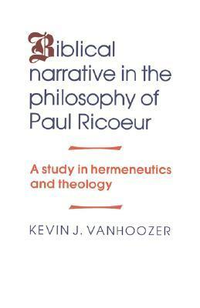
-
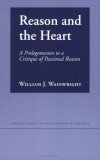
-
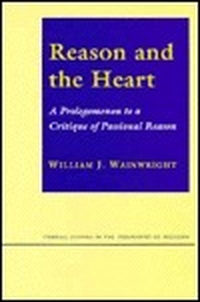 Reason and the Heart: A Prolegomenon to a Critique of Passional Reason
Reason and the Heart: A Prolegomenon to a Critique of Passional Reasonby William J. Wainwright
-
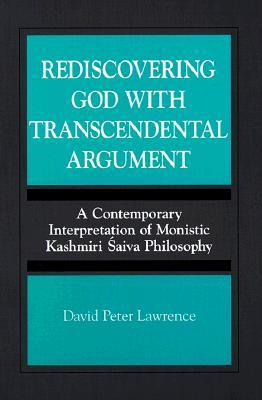
-
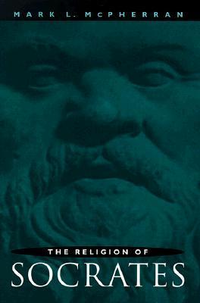 The Religion of Socrates
The Religion of Socratesby Mark L. McPherran
-
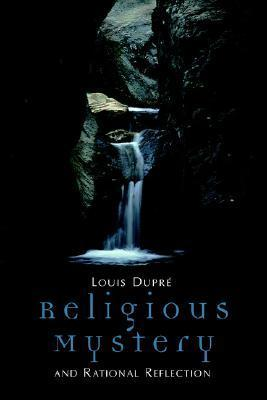
-
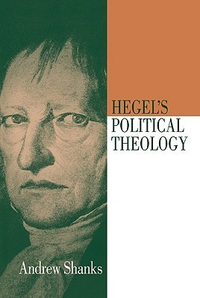 Hegel's Political Theology
Hegel's Political Theologyby Andrew Shanks
-
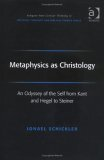
-
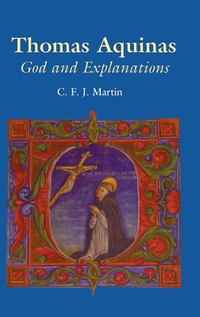 Thomas Aquinas: God and Explanation
Thomas Aquinas: God and Explanationby C.F.J. Martin
-
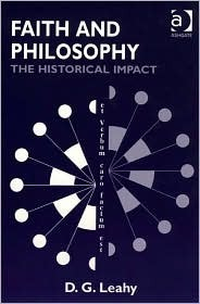 Faith and Philosophy: The Historical Impact
Faith and Philosophy: The Historical Impactby D.G. Leahy
-
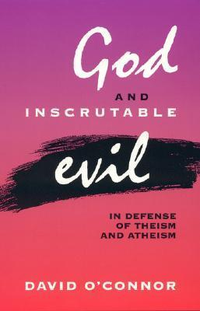 God and Inscrutable Evil
God and Inscrutable Evilby David O'Connor
-
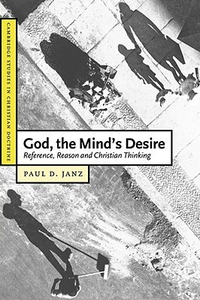 God, the Mind's Desire: Reference, Reason and Christian Thinking
God, the Mind's Desire: Reference, Reason and Christian Thinkingby Paul D. Janz
-
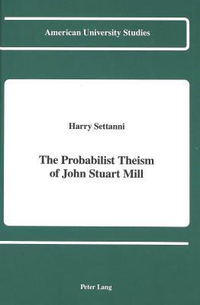 The Probabilist Theism of John Stuart Mill
The Probabilist Theism of John Stuart Millby Harry Settanni
-
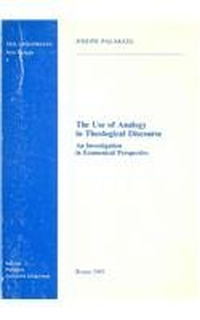 The use of analogy in theological discourse: An investigation
The use of analogy in theological discourse: An investigationby Joseph Palakeel